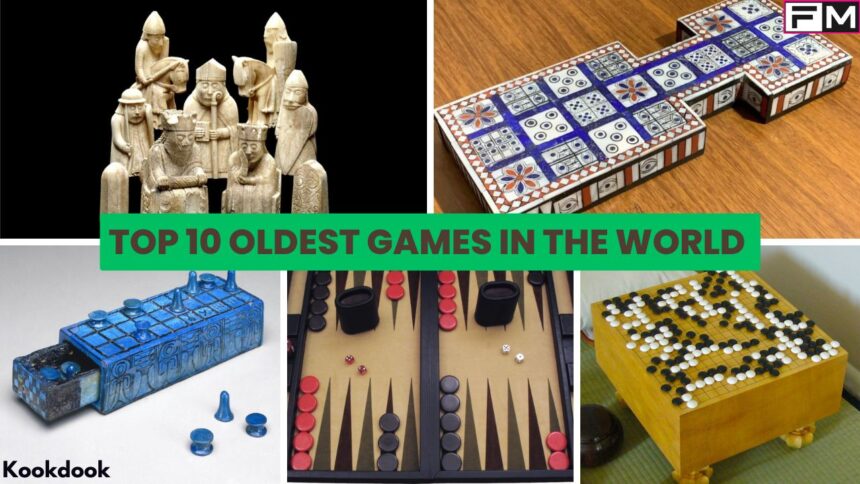Picture this: back in the day, folks used to engage in these cool games that blended complexity with fun. These games were like brain teasers, offering surprises at every turn. Some were super tricky, while others were a breeze. We’ve covered 10 Oldest Games In The World People played these games to unwind and compete with friends.
Way back when, creative minds came up with loads of different games. Some of these old games are still played nowadays, while others have changed over the years. What’s intriguing is how these games got passed on from grandparents to parents to us.
Now, let’s Check Out Some Of The Oldest Games On The Block
The Royal Game of Ur
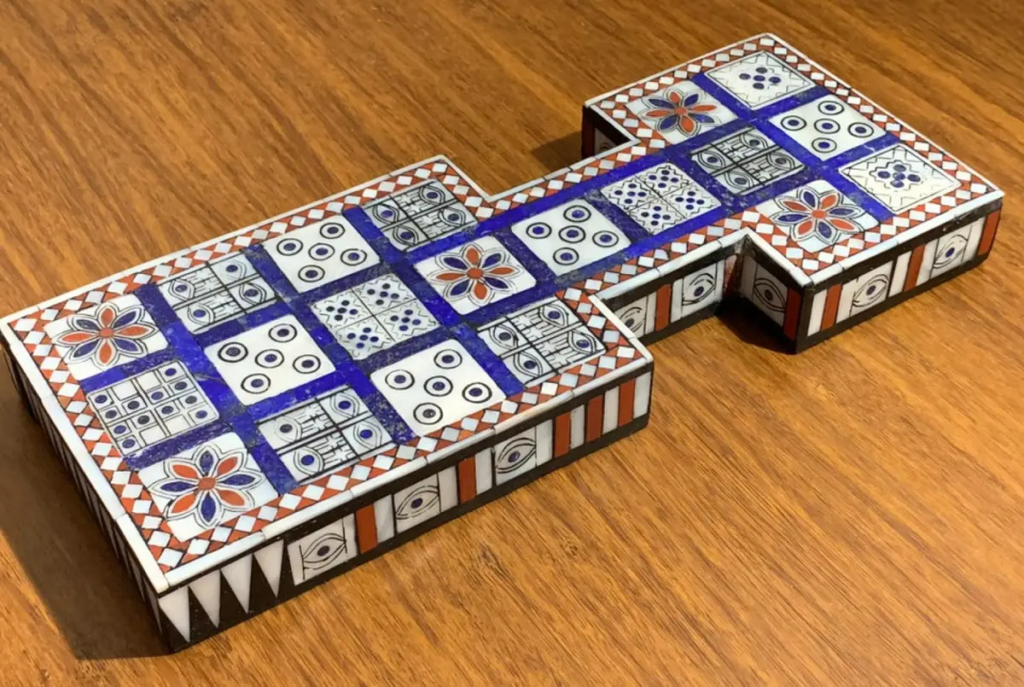
Think Mesopotamia, which is modern-day Iraq. It’s this game played on a board with twenty boxes. Players follow rules to try and make it to the end. Someone whipped up this game eons ago, somewhere between 2600 and 2400 BCE. The cool part? It’s still a thing today, even though it’s been tweaked a bit.
Senet
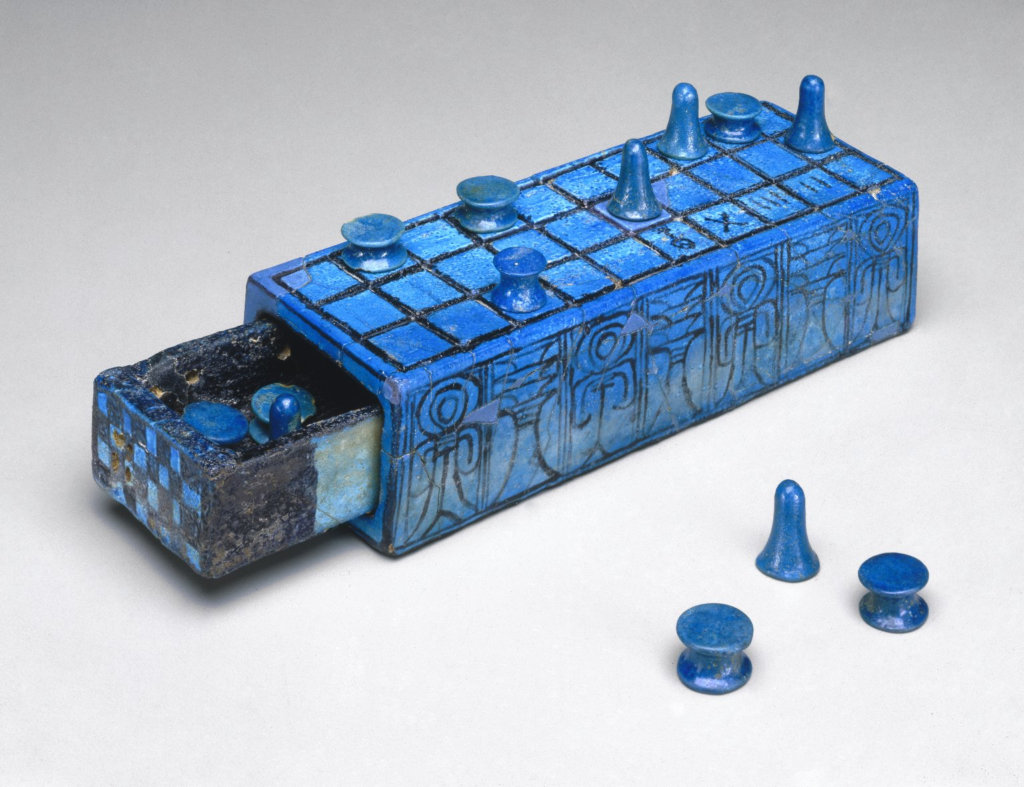
This one’s from ancient Egypt, around 3500 BCE. You roll sticks to move pieces on a board with thirty squares. Sort of like today’s Ludo game. The rules have changed over time.
| Game | Origin / Era | Description |
|---|---|---|
| The Royal Game of Ur | Mesopotamia | Oldest known board game from 2600-2400 BCE. Played on a board with 20 squares, still played today. |
| The Lewis Chessmen | Scotland, 12th Century | Sculpted pieces from whale teeth and walrus tusks. Discovered in Scotland, some missing. |
| Wei Qi (Go) | China, 3500+ BCE | Ancient abstract strategy game, played on a board. Over 3,500 years old, still played today. |
| Senet | Ancient Egypt, 3500 BCE | Ancient Egyptian board game played on a 30-square board with sticks. Rules have changed. |
| Checkers | Mesopotamia, 3000 BCE | Two-player game with diagonal piece movement. Popular strategy game still played today. |
| The Game of the Goose | Europe | Rolling dice to move pieces, avoiding obstacles. A mix of luck and strategy, historical. |
| Mehen | Ancient Egypt, 3000 BC | Snake-themed board game from ancient Egypt. Rules and history mostly uncertain. |
| Chess | Ancient, 600s AD | Widely known and played abstract strategy game, evolved over time. Tournaments held. |
| Pachisi | Ancient India | Symmetrical cross-style board game, involves rolling shells and tactics. Influenced Ludo. |
| Backgammon | Ancient Persia | Classic game involving strategy and luck. Still played, rules vary across regions. |
The Lewis Chessmen
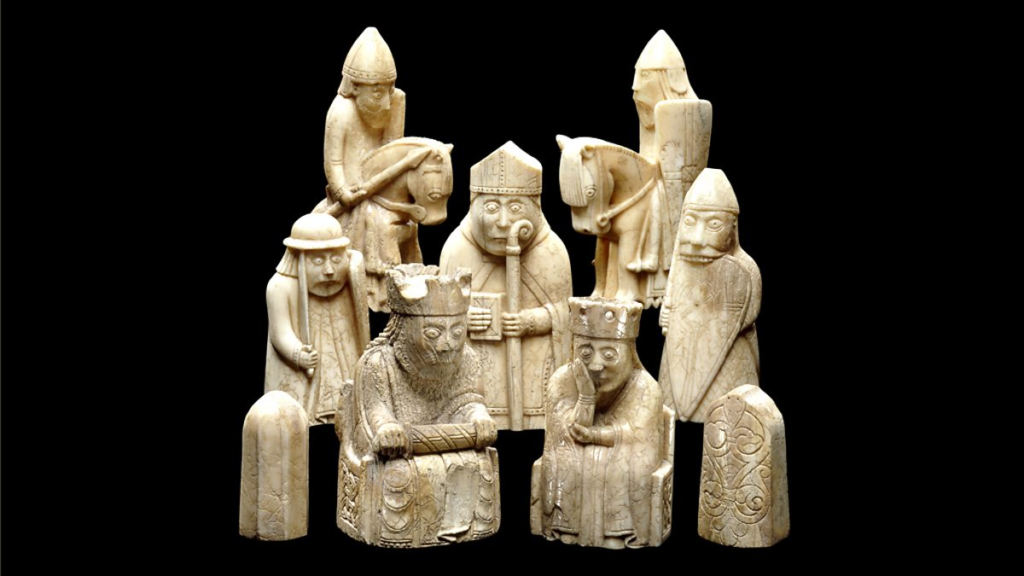
This game got stumbled upon in Scotland and it’s ancient, like from the 12th century. It’s all sculpted and fancy, with pieces made from whale teeth and walrus tusks. There are tales about finding this game in Scotland. Some pieces hang out in museums, but others are MIA.
Wei Qi (Go)
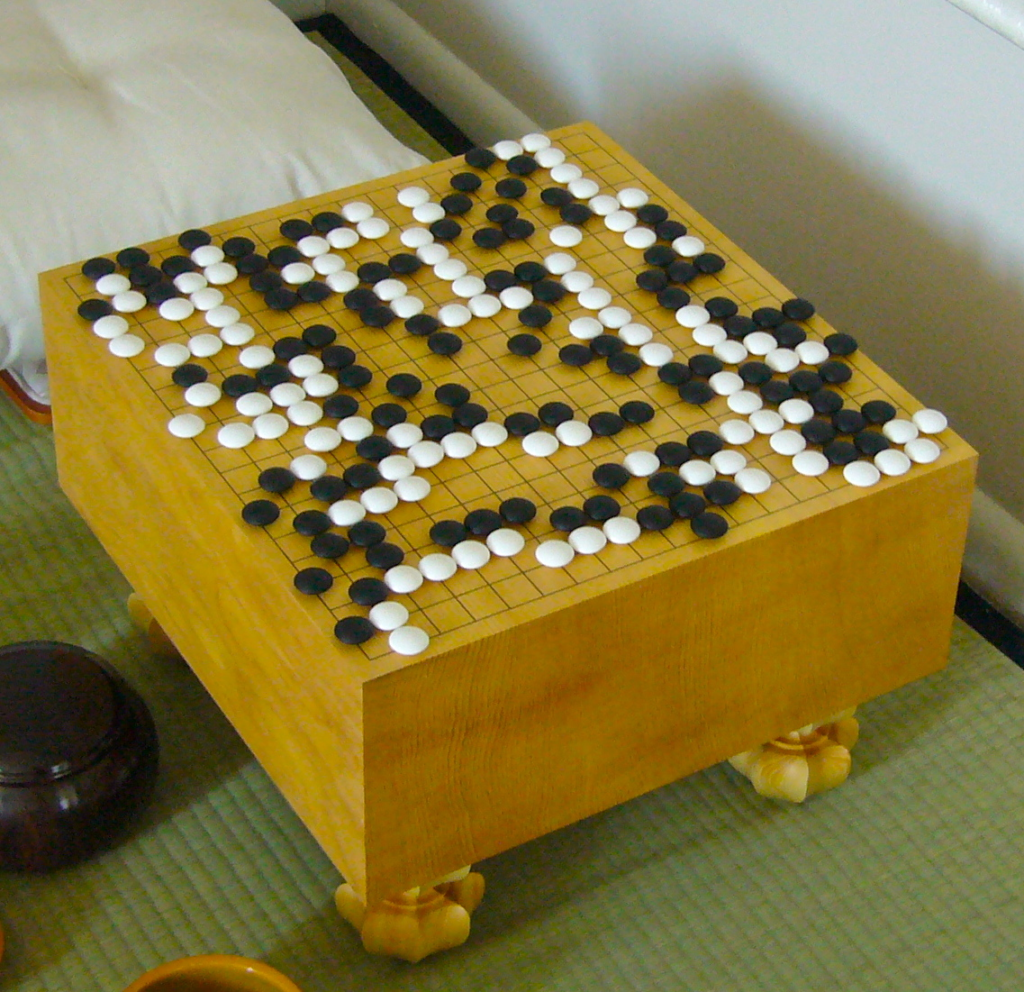
This game’s like a brain workout. It comes from China and dates back over 3,500 years. On a board, players capture spaces. It’s a thinking person’s game and can take ages to play.
Checkers
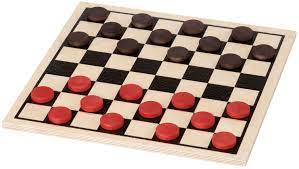
Checkers is a two-player game where you move pieces diagonally to capture the other player’s stuff. A game of strategy, still big today. People came up with this game around 3000 BCE in Mesopotamia.
The Game of the Goose
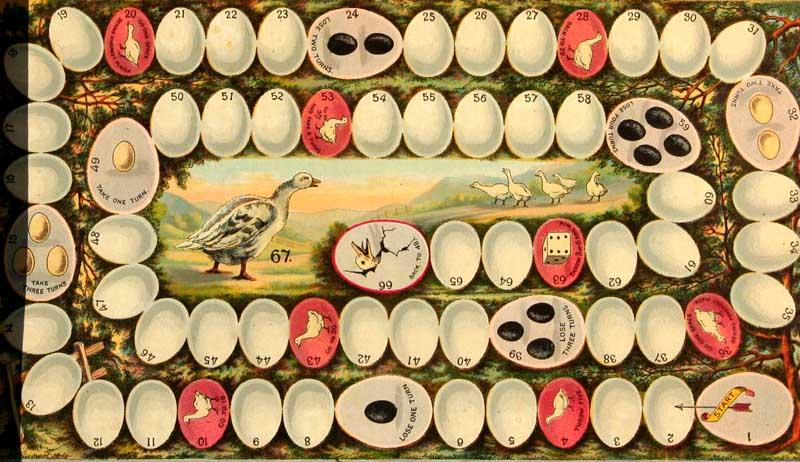
Also known as the Goose game, it’s a European deal where you roll dice to move. The board’s got pictures, and you dodge obstacles to reach the center. Fair and square, luck’s the name of the game.
Backgammon
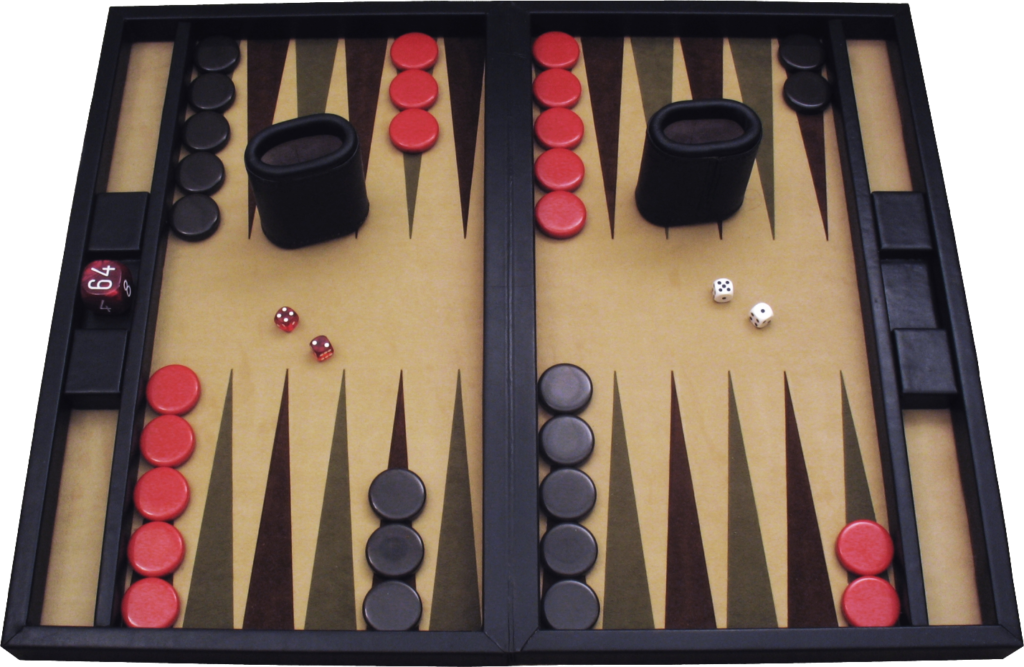
An oldie from Persia (now Iran). It’s about strategy and a bit of luck. Still being played, with different rules in different places.
Mehen
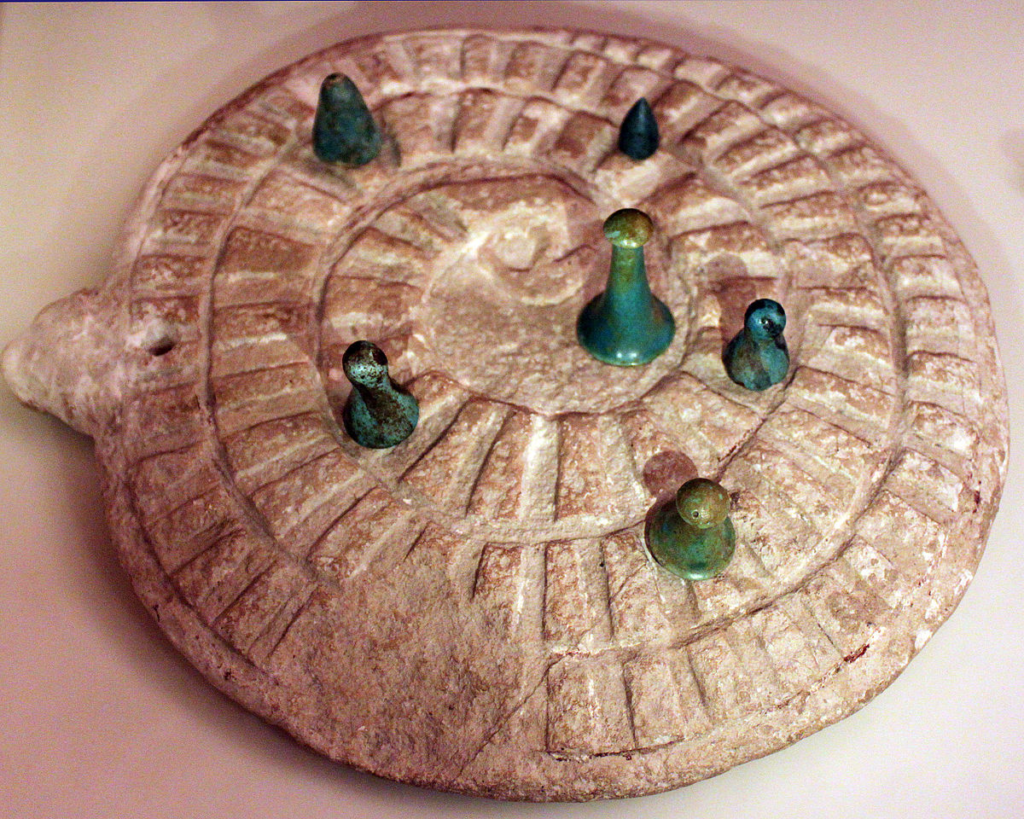
This game’s from ancient Egypt, all about snakes. The board looks like one and they played it around 3000 BC. We don’t play it now, and the rules? Well, we’re not entirely sure.
Chess
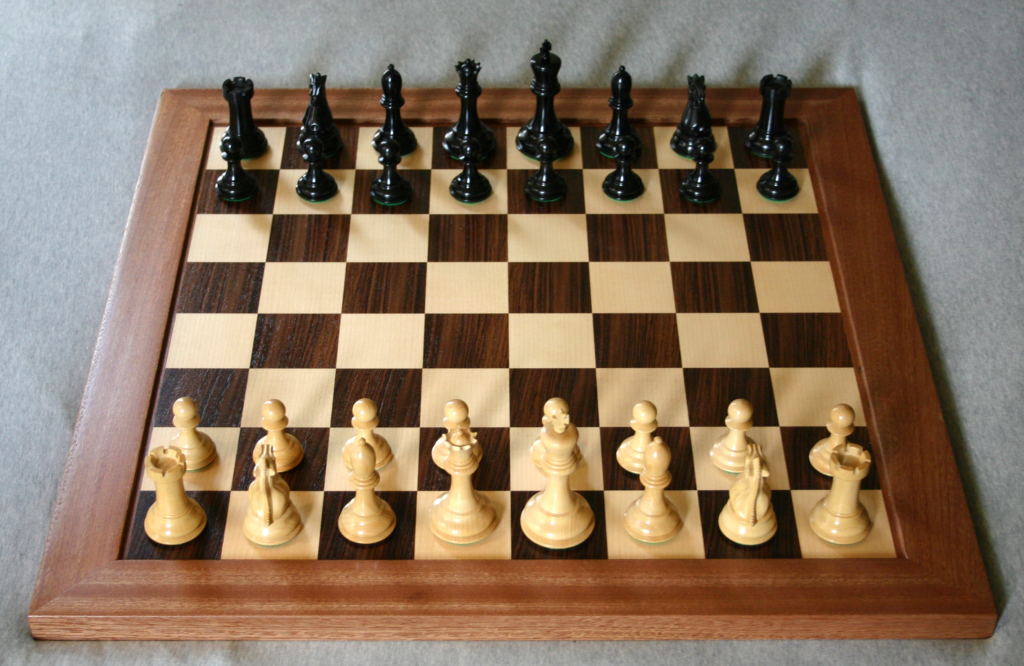
Ah, chess. It’s an oldie but goodie. Played on a square board with lots of squares. People love this game and there are tournaments for it.
Pachisi
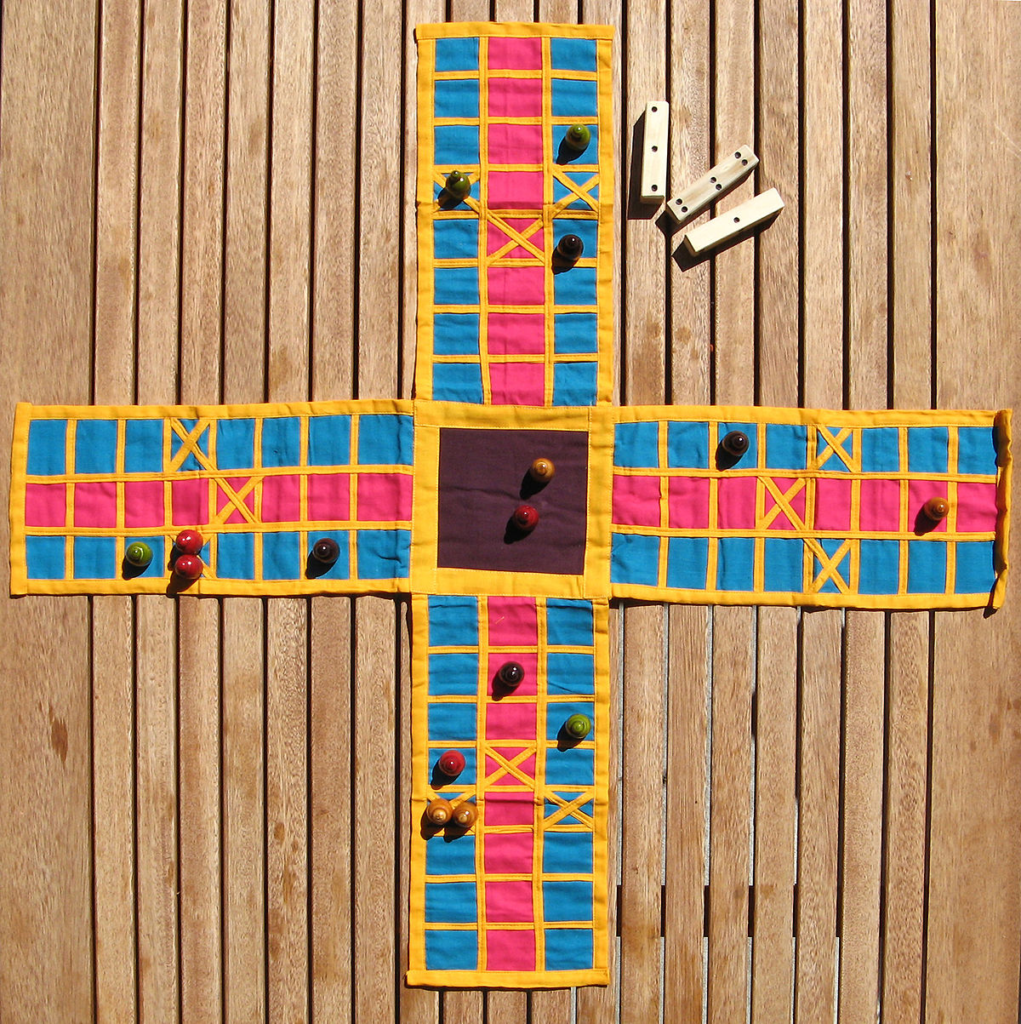
India’s got this symmetrical game. You roll shells and move pieces. Counting and thinking are key, and you can tweak rules if you’re into it.
Backgammon
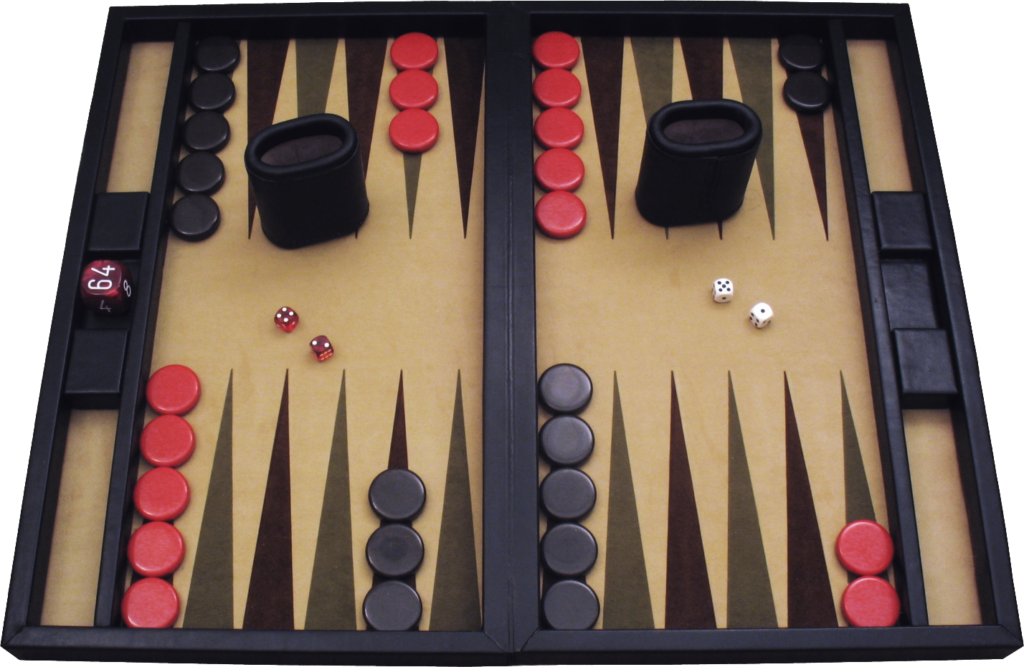
An oldie from Persia (now Iran). It’s about strategy and a bit of luck. Still being played, with different rules in different places.
These ancient games have stuck around for a reason. They’re like timeless puzzles that folks loved solving. Some rules have shifted, but the heart of the games remains unchanged

